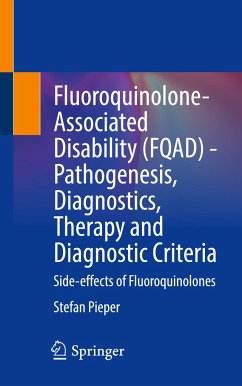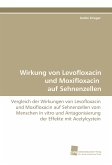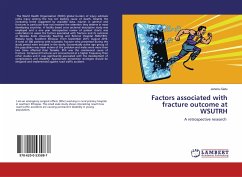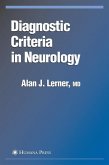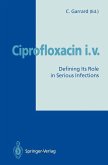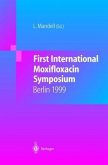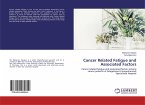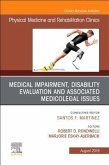In this book, Stefan Pieper supports doctors and therapists in easily diagnosing FQAD and in better and more adequately dealing with FQAD patients.
Fluoroquinolones, as one of the most common and effective groups of antibiotics, are known to have a distinct spectrum of side effects. These adverse effects are rare in percentage terms, but frequent in absolute numbers due to the enormous quantities of prescriptions. Because they are usually quite severe and wide-ranging, they tend to run like a syndrome and have been classified by the FDA as a separate condition, the FQAD, because of their frequency, severity and risk of disability.
This book presents for the first time a comprehensive description and classification of the clinical picture and a proposal for a clinical diagnostic tool based on diagnostic criteria.
Hinweis: Dieser Artikel kann nur an eine deutsche Lieferadresse ausgeliefert werden.
Fluoroquinolones, as one of the most common and effective groups of antibiotics, are known to have a distinct spectrum of side effects. These adverse effects are rare in percentage terms, but frequent in absolute numbers due to the enormous quantities of prescriptions. Because they are usually quite severe and wide-ranging, they tend to run like a syndrome and have been classified by the FDA as a separate condition, the FQAD, because of their frequency, severity and risk of disability.
This book presents for the first time a comprehensive description and classification of the clinical picture and a proposal for a clinical diagnostic tool based on diagnostic criteria.
Hinweis: Dieser Artikel kann nur an eine deutsche Lieferadresse ausgeliefert werden.

